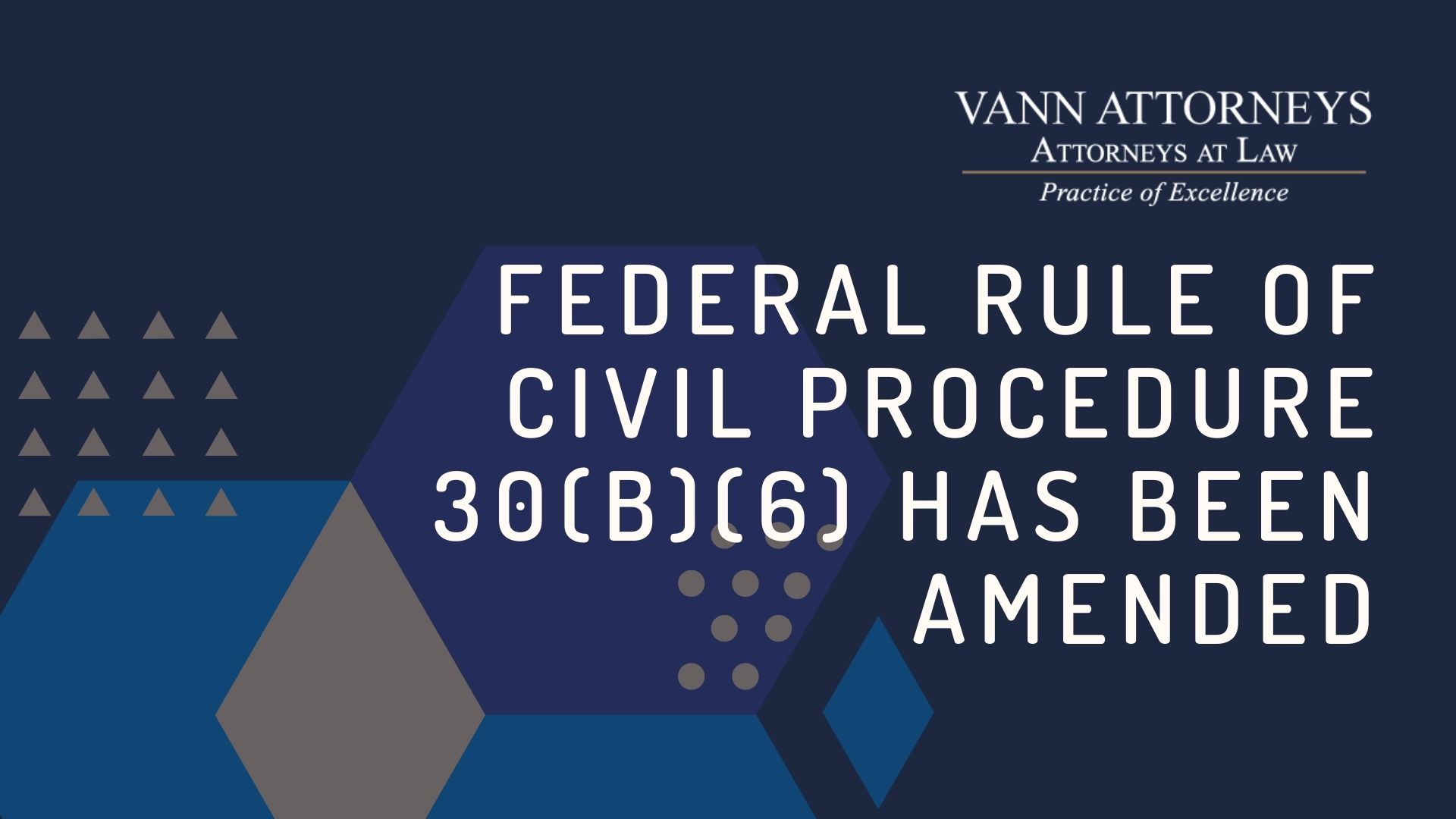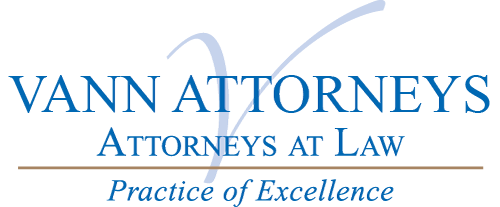Federal Rule of Civil Procedure 30(b)(6) Has Been Amended
By J.D. Hensarling
Attorney at Law

Effective December 1, 2020, Federal Rule of Civil Procedure 30(b)(6) was amended to include the following added language:
Before or promptly after the notice or subpoena is served, the serving party and the organization must confer in good faith about the matters for examination. A subpoena must advise a nonparty organization of its duty to confer with the serving party [and to designate each person who will testify].
Fed. R. Civ. P. 30(b)(6).
Under Rule 30(b)(6), parties may take the deposition of a party or nonparty organization. To do so, a party will serve a deposition notice that includes topics upon which the party wants to question the organization. Often the list of topics is long and possibly confusing. In response, the organization is required to designate one or more witnesses to testify on the topics presented. This can be difficult to do when the organization cannot understand the proposed areas of examination. Alternatively, the organization may object and file a motion in response. This process can be contentious and may end up in a costly battle before the court. The amendment adds two new requirements which aim to defuse this process.
First, the parties must confer regarding the scope of the examination—the proposed topics. This amendment is designed to limit the use of overbroad, ambiguous, and poorly crafted topics and the use of long and burdensome lists of proposed topics for examination even though the rule requires the topics be described with “reasonable particularity.” It is also aimed at reducing disputes over the scope of a deposition notice and costly and time-consuming fights in the courts. Another benefit may be to remedy the problem of ill-prepared corporate witnesses by forcing counsel to engage in substantive dialogue at the planning stage of the deposition. Presumably, counsel will use what was discussed in the conference to prepare the corporate witness(es) who will testify.
Second, if the subpoena or notice is served on a nonparty, it must advise that nonparty organization of its duty to confer regarding the proposed scope of the examination. This will encourage dialogue. The parties are more likely to take an efficient, effective, and useful deposition when they confer regarding the proposed topics and available information ahead of time. This may also increase useful testimony, reduce wasted time, and lower litigation costs for litigants and nonparties alike.
Meeting and conferring are by no means novel concepts. Litigants in the North Carolina Business Court and other state courts are required to meet and confer prior to filing certain motions, including motions regarding discovery disputes. Such meetings can yield beneficial agreements crafted by the parties and their counsel. It will be interesting to watch to see if these amendments reap their intended benefits.
Call the attorneys at Vann Attorneys, PLLC to discuss your litigation needs and other legal matters.
Wisdom, Experience, Results
Learn More from Vann Attorneys
Vann Attorneys stands ready to meet the diverse needs of clients ranging from individuals to privately held family businesses to corporations with national distribution. The firm represents clients throughout North Carolina and the United States. We periodically publish content that is relavant to our clients and community. Keep reading our 'News & Events' page on the topics most important to you and your business.
Proven
Experience on
Your Side
Leave a message
Raleigh Office
RALEIGH HOURS
| Mon | 8am - 5pm |
|---|---|
| Tues | 8am - 5pm |
| Wed | 8am - 5pm |
| Thurs | 8am - 5pm |
| Fri | 8am - 5pm |
Charlotte Office
CHARLOTTE HOURS
| Mon | 8am - 5pm |
|---|---|
| Tues | 8am - 5pm |
| Wed | 8am - 5pm |
| Thurs | 8am - 5pm |
| Fri | 8am - 5pm |



